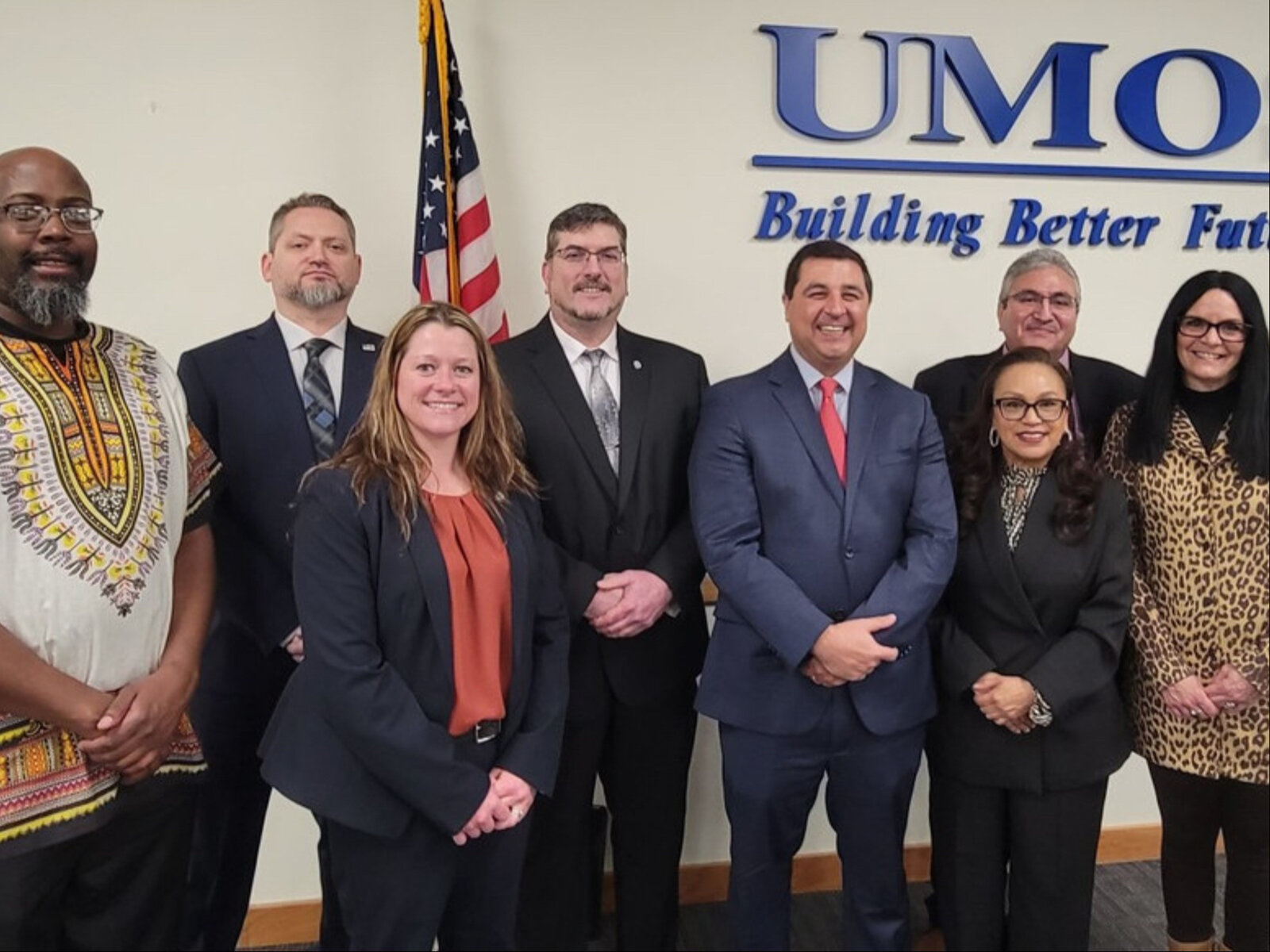At some restaurant in the city, a victim of human labor trafficking could be preparing or serving your next meal.
“Human labor trafficking is absolutely happening in Milwaukee,” said Mariana Rodriguez, director of the Latina Resource Center at UMOS.
Rodriguez said many of the cases of labor trafficking in Milwaukee that her organization has worked on have been tied to the food and beverage industry.
“We’ve had restaurants and bars where they tend to recruit young women who are promised an hourly rate, but then only paid tips or not paid at all,” she said. “Some are also forced to share tips with others and are owed a lot of money.”
UMOS and its partners hope to combat human labor trafficking with the help of a $5.1 million, three-year grant from Howard G. Buffet Foundation.
The funds, awarded to UMOS and its Wisconsin Labor Trafficking Project partners, which include the Wisconsin Department of Justice Division of Criminal Investigations, Wisconsin Department of Workforce Development, LOTUS Legal Clinic and The Women’s Community Inc., will be used to engage prosecutors, law enforcement, advocacy organizations and others to stem labor trafficking.
"It’s enslavement"
Rodriguez said there are several forms of exploitative tactics that are considered labor trafficking.
“Forced labor, bonded labor or debt bondage, where the laborers demand repayment of a loan by working it off and then don’t pay or pay very little,” she said.
The work is performed under the threat of punishment, which includes violence, being reported to immigration or other methods used to restrict freedom.
“It’s enslavement,” she said.
Benjamin Poller, a director of the Wisconsin Department of Justice’s Division of Criminal Investigation, said labor trafficking has come into the light more in recent years in the state.
“There’s a lot more proactive efforts out there to educate the public and law enforcement on labor trafficking, so we’re starting to see more cases,” he said. “Sometimes we get multiple tips in an area.”
Although the project itself focuses primarily on workers in agricultural, dairy or carnival industries, this doesn’t mean that labor trafficking is limited to rural areas that are distant from Milwaukee.
“We’ve received tips about labor trafficking in Milwaukee and rural areas just outside of Milwaukee,” Poller said.
In some of those cases, labor trafficking crossed over into sex trafficking.
The restaurants “close and become after hours drinking establishments for VIP customers and then they force young girls to exchange sex for money,” Rodriguez said.
Another industry where labor and sex trafficking collide in Wisconsin is the massage industry, Rodriguez said.
In reality, though, she said, labor trafficking can occur in most any industry.
“It happens wherever there is a need to bring foreign workers to fill the gaps for jobs,” she said.
Creating a coordinated response
The goal of the partners is to create a more coordinated response to cases of labor trafficking, Rodriguez said. The effort includes the hiring and training of two new officers for the Department of Justice who will focus exclusively on tracking down cases of labor trafficking.
“It sounds like we have a large number of agents working on human trafficking, but we don’t,” Poller said. “The new agents will work proactively with state and federal law enforcement agencies to increase prosecutions.”
Poller said the new agents will receive training, as will other law enforcement agencies in the state, to help them understand the complexities of labor trafficking and also the specialized local and federal laws related to it.
In addition to finding victims, Poller said, is the need for coordination among several different agencies, as many also involve the Wisconsin Department of Revenue, the U.S. Department of Homeland Security and other agencies.
The funds will allow the partners to hire a part-time prosecutor as well as attorneys to help victims address immigration-related issues.
The grant will also be used to put more people on the ground to find and help victims.
“Taking a multidisciplinary approach makes efforts to combat labor trafficking more effective,” Wisconsin Attorney General Josh Kaul said. “This grant increases the resources available to support victims and fight this serious crime.”
For more information
Victims of labor trafficking can get help by calling the UMOS 24-hour crisis line at (414) 389-6510 or call the National Human Trafficking Hotline at (888) 373-7888.
Mendez, who is bilingual in English and Spanish, graduated from UW-Milwaukee, with a double major in Journalism and Media Communications and Sociology. In 2008, he won a Society of Professional Journalists' regional award for social columns dealing with diverse issues such as poverty, homelessness and racism. Currently, he's a master's degree student at the Diederich College of Communication at Marquette University.
His interests include scholastic research, social networking and the Green Bay Packers.





.jpeg)

